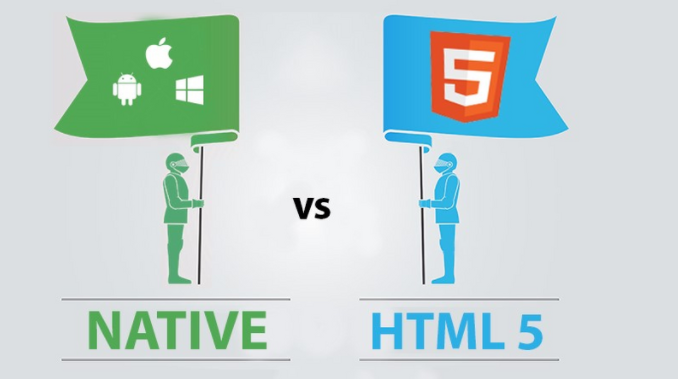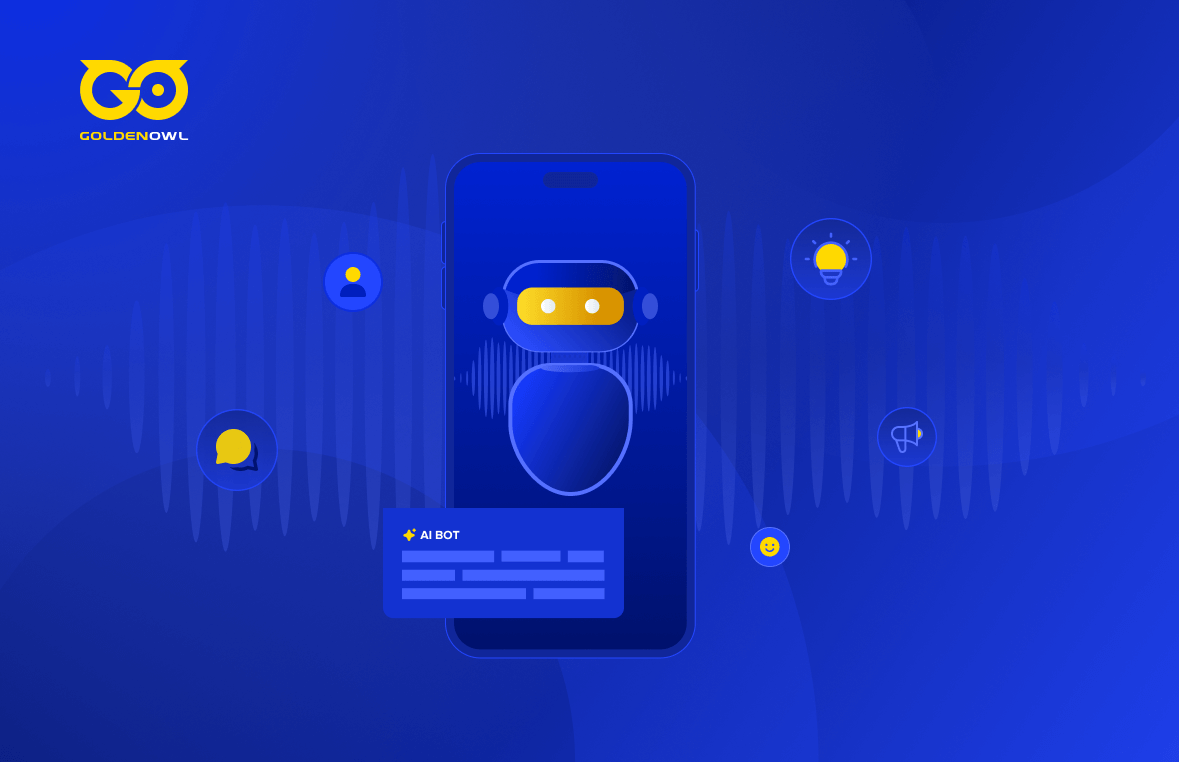Because of the increased popularity of mobile devices, web designers and developers can now construct highly interactive and dynamic online applications that work across a variety of platforms. There are a variety of options, including new HTML5 technologies, native app development methodologies, and several content management systems.
Is it better to construct an HTML5 mobile app or go with native code when it comes to developing an app? The subject has devolved into a pendulum-like dispute. In this blog, we'll look at the benefits and drawbacks of each type to see between HTML5 vs Native app pros and cons, which one is the best go-to option for your mobile app approach.
HTML5 vs Native app - what’s the differences?
A native app is any app that is natively installed into a device, usually from its related app store. One of the major drawbacks of native apps is that they are platform-specific, meaning that any software created for the iPhone will only run on an iPhone and not on an Android device.
Users may access optimized content and all accompanying tools in a device-specific framework when developers create unique templates for each platform.

An HTML5 app, on the other hand, is a web app that is provided through an HTML5 equipped browser. This means that instead of installing your program from the app store, a user would use his or her browser to go to a URL and utilize it.
By merging your digital materials into a single template, HTML5 allows you to use one development effort across several platforms. The finished product runs on a mobile Web browser and provides a one-size-fits-all solution for all devices, phones, tablets, and the web.
HTML5 pros and cons
The Advantages of HTML5
HTML5 is thought to overcome a wide range of compatibility and speed issues, giving HTML5 mobile apps a distinct advantage.
Because so many individuals know JavaScript, they're easier and less expensive to make. HTML5 apps will run on every mobile device because JavaScript runs in any browser. If you know how to make web apps, you're already 90% of the way to making HTML5 mobile apps.
Furthermore, third-party software that expands HTML5's capabilities to better mimic native apps—even enabling access to some device features—is becoming more widely available.

The Disadvantages of HTML5
HTML5, on the other hand, is risky. You have to use a lot of these third-party systems to get anything done. Developers may not be able to rely on third-party vendors for the discipline and consistency that they expect from larger organizations. A program can abruptly break due to a hurried release or an ill-advised API change.
Besides, due to the fact that each mobile device has its own functional screen size and resolution, testing HTML5 apps on several devices adds to the workload. HTML5 makes it tough to create huge, heavy programs, such as gaming apps.
HTML5 apps, on the other hand, cannot be utilized offline. These browser-based apps aren't up to par in terms of user experience.
Native apps pros and cons
The Advantages of Native App
A native software, unlike an HTML5 mobile app, is compiled, which usually results in greater performance. HTML5 may not provide enough control if you wish to use the accelerometer or GPS.
Native apps start up quickly, provide uniform platform look and feel, and notify you when an update is available. Native programs include all of the features that you would expect. Native apps are a fantastic source of revenue because they are available through standard device marketplaces.

Not just that, you can use all of the built-in features of the underlying platform when the program is native. Users have grown accustomed to these rich experiences to the point where even little changes to HTML5 are noticeable...leading to users not liking or using it as much.
The Disadvantages of Native App
Because developers must create different apps for each platform, the overall development time may be significantly longer than for an equal HTML5 project. This raises expenses since developing for several platforms necessitates mastery of multiple languages and development environments.
When development expenditures are higher, it's only natural that maintenance costs will be higher as well. To keep its apps up and running, a company may hire separate iOS, Android, and Windows phone developers, which reduces the company's earnings.
HTML5 or Native App? Or both?
In general, native is the way to go if you need to create an immersive experience, persuade users to download your app, or have a feature that would be difficult to implement in HTML5.
In other cases, though, a web application is preferable. "The main reason for this is when a company has a restricted budget or when it doesn't need to employ onboard device sensors like accelerometers, GPS, and so on," explains Yaroslav Vorontsov, a senior software developer at DataArt. If you're working on a tight timeline and require an app for numerous platforms, or if your target audience is internal, making data or a functionality available fast is more crucial than the interface.
We simply cannot envision a world without good customer-centric mobile apps eight years after the debut of the original iPhone — the first smartphone. If you want to develop a gaming app, a Native solution seems to be the way to go. On the other hand, HTML5 sounds preferable if you just want a news-based mobile app.
The comparison between HTML5 vs Native app pros and cons plays mainly as a guide to provide you a detailed picture of these 2 frameworks in building an app. As a result, selecting a development method is still based on the type of mobile app you intend to create.























